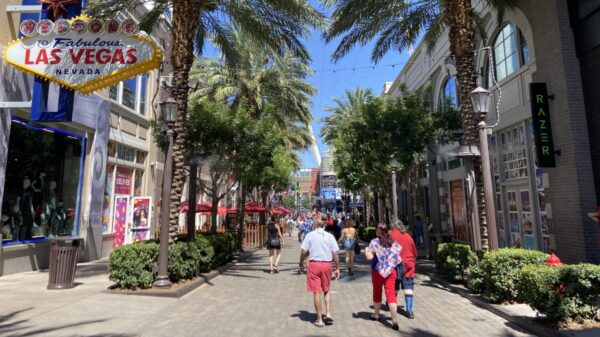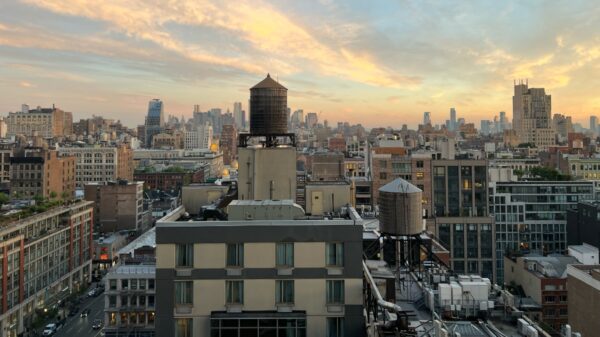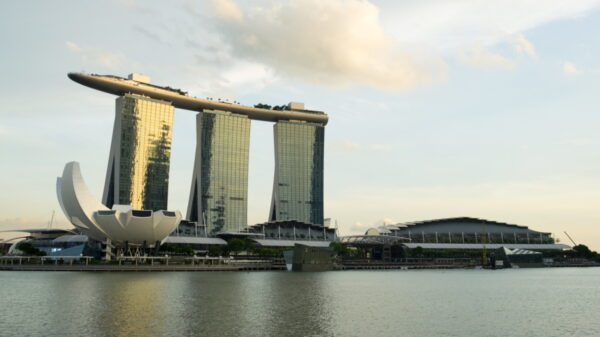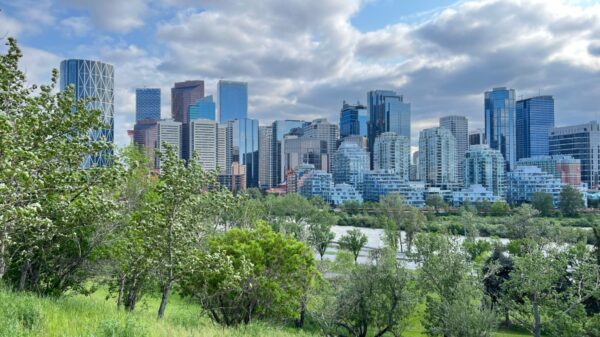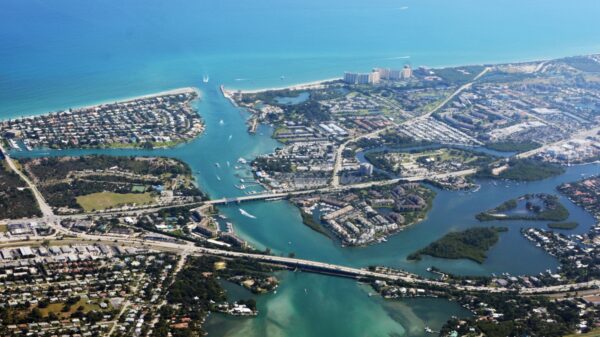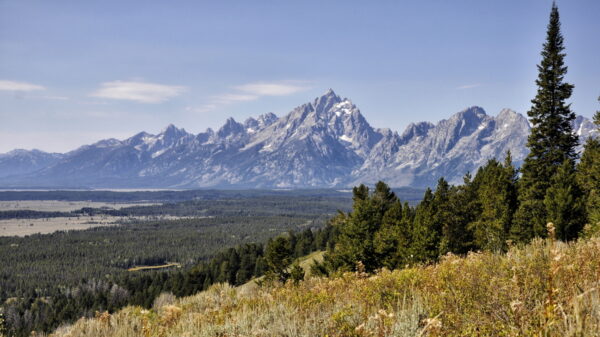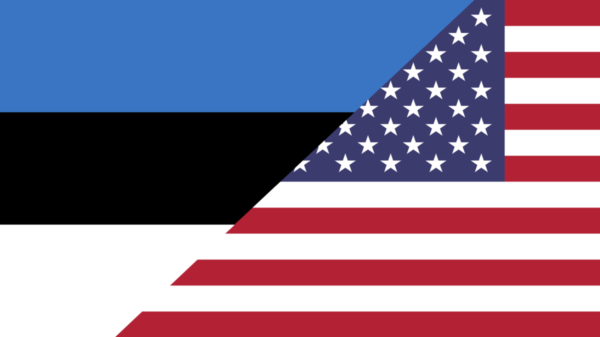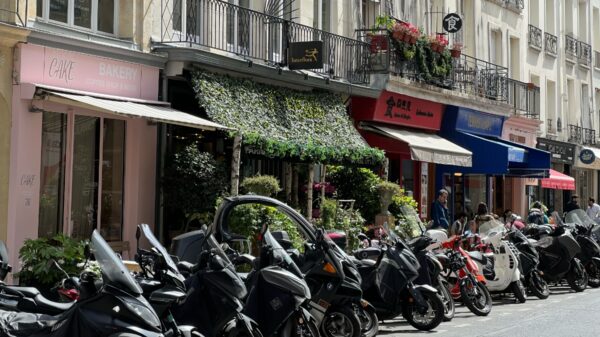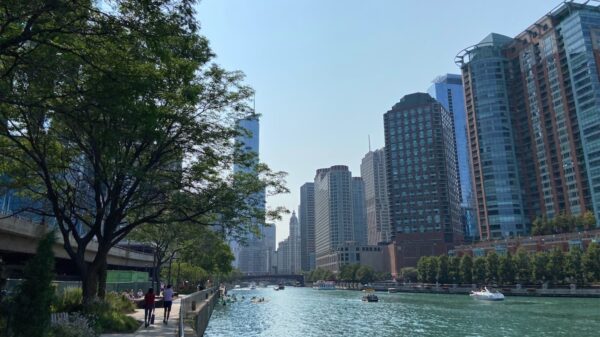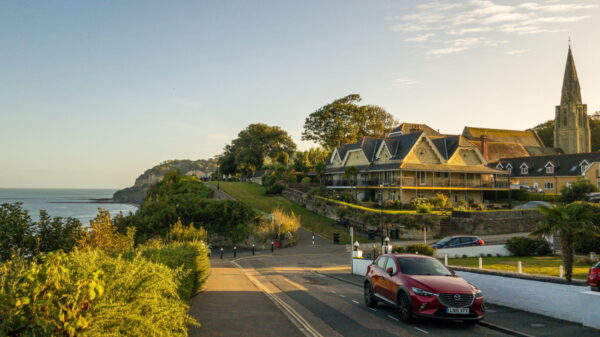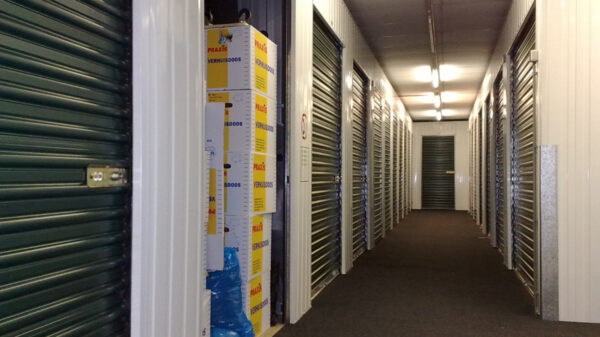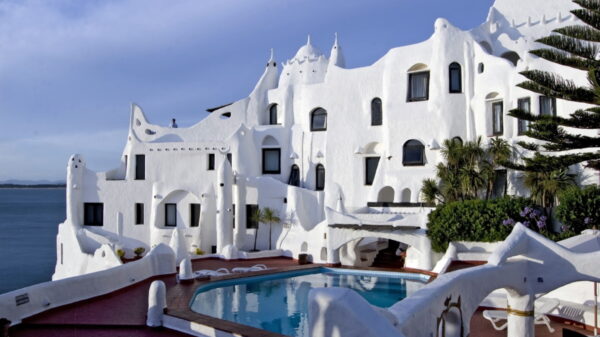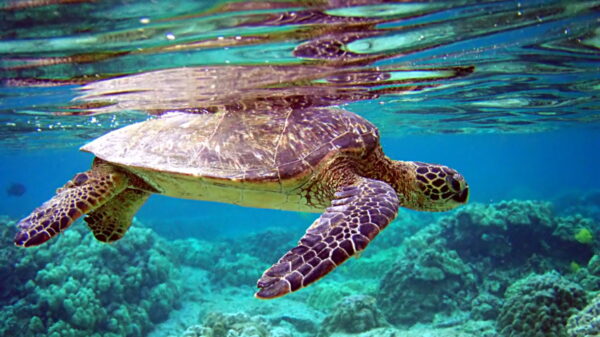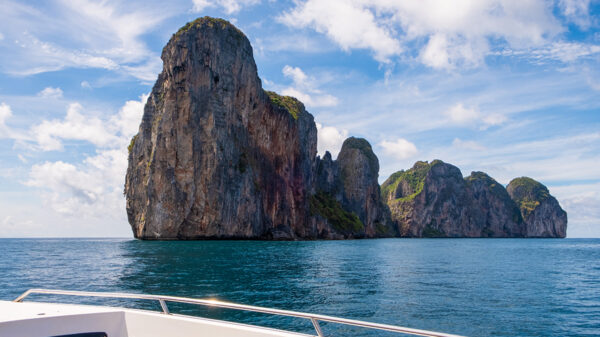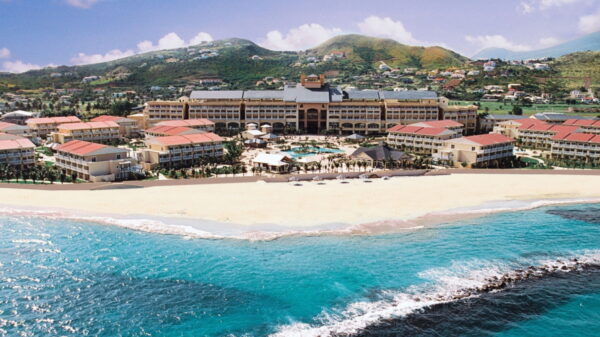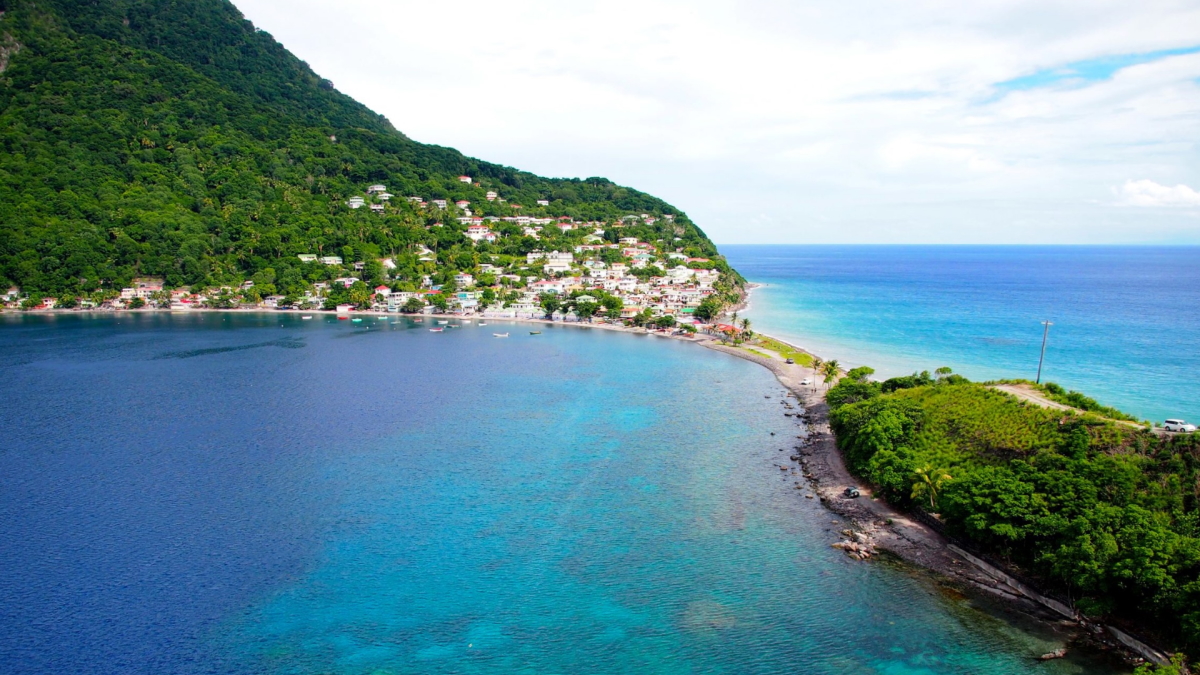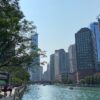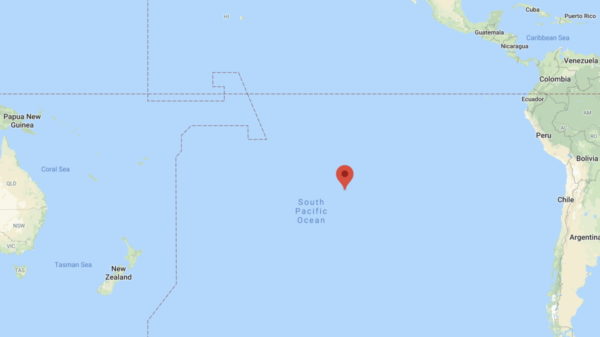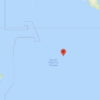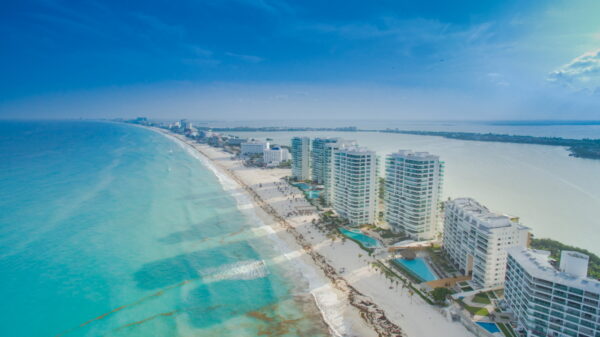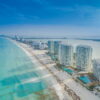Dominica is a Caribbean island nation famed for its pristine, lush environment. It also is one of a growing number of countries selling their citizenship for cold hard cash via an economic citizenship program. In this article, I review Dominica’s program and explain how to apply.
Some background
It is unclear when the island of Dominica was first settled. What we know is that it was occupied by Carib tribes when the Europeans first arrived and that there may have been an Arawak presence prior to that. The French were the first Europeans to settle on Dominica but ownership was transferred to the British via the Treaty of Paris shortly after.
Dominica achieved independence in 1978 and is now a parliamentary republic. Unfortunately, it never managed to achieve sustainable economic growth and this has led the government to look at alternative ways to bring in foreign capital. Inspired by the success of its neighbor, St Kitts and Nevis, Dominica launched its very own economic citizenship program in 1993.
Economic citizenship
The way the Dominica economic citizenship program works is simple, in exchange for a cash donation or a real estate investment, citizenship is granted and with it the right to carry a Dominica passport. Because of its lower minimum donation amount (you can get the exact numbers here), it is often billed as a lower-cost alternative to the more expensive programs run by other Caribbean countries. It is important to understand, however, that the lower price also reflects the fact that it offers fewer benefits than many of those other programs. That is especially true when it comes to taxation, as Dominica is a residential taxation country, not a tax haven. This means that Dominica if you plan to relocate to the island, you will be liable to tax there on your worldwide income.
The main reason why I still consider the Dominica program attractive is that its passport is a fairly decent one. It grants visa-free access to a number of countries, including the UK, all Schengen countries, Hong Kong, Singapore, Malaysia, South Korea and more. Because Dominica is a full member of CARICOM, it also grants the conditional right to live in more than a dozen countries, including Jamaica and Trinidad & Tobago. Unconditional freedom of movement is part of CARICOM’s future goals.
While the above sounds pretty good, it is important to keep in mind that as is often the case with these programs, there is always a risk that it may be canceled and that citizenships granted could be revoked. There is simply no telling what future governments may do, especially in the long-term. An economic citizenship is an investment and as with any other investments, there is a risk of loss.
Latest update (2025)
The OECD has instructed financial institutions to disregard Dominica passports for due diligence purposes, when there is clear evidence that it was obtained via the economic citizenship program.
Application
Your first step will be to hire an authorized agent from the list available on the government website. The authorized agent will then guide you through the due diligence process. This will involve gathering a number of documents, attending an interview and going through an extensive background check. In most cases, it takes around three months to go through the application process.

